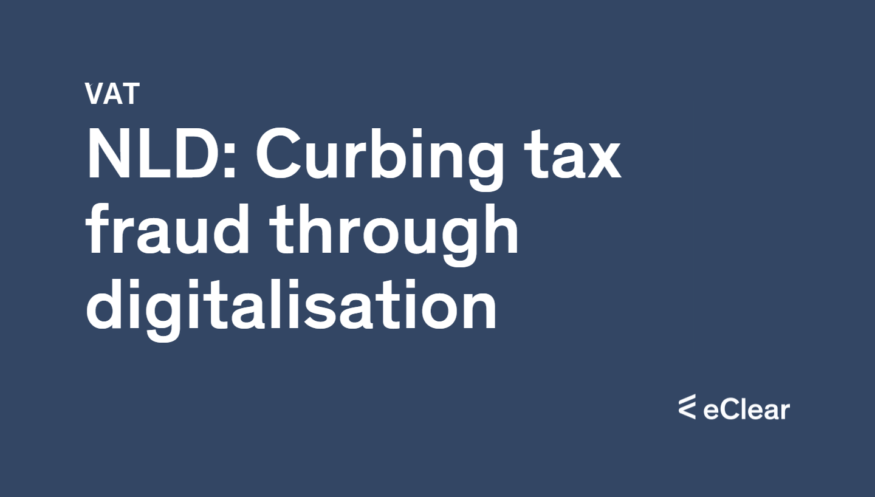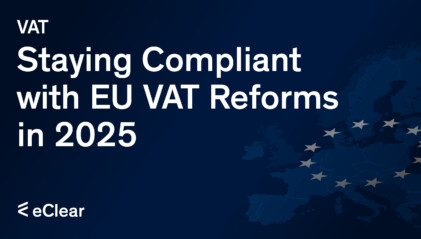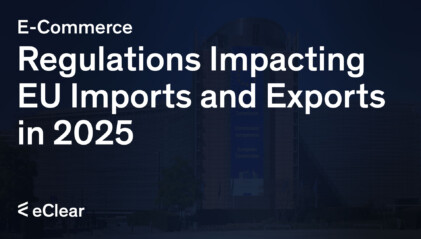Directive 2020/284 of the Hoge Raad der Nederlanden (Supreme Court of the Netherlands) of 18 February 2020, amending Directive 2006/112/EC, outlines the basic VAT accounting requirements for taxable persons. Thus, service providers must check the 25 cross-border payments per payee within the EU every quarter using a standard electronic form.
The measures are aimed at curbing VAT fraud in the future. Thus, the records are to contain the following information:
- the BIC or other company identification number identifying the payment service provider;
- the name of the payee or the company name as it appears in the records of the payment service provider;
- the VAT identification number or other national tax numbers of the payee, if available;
- the IBAN or, lacking an IBAN, another identifier that identifies and indicates the location of the payee;
- the address of the payee in the records of the payment service provider, if available;
- the actual and details of each cross-border payment;
- the details of payment refund for cross-border payees.
EU loses every 93 billion euros in tax revenue
According to recent estimates, the European Union suffers a loss of €93 billion in tax revenue each year because tax authorities have been unable to collect sales taxes due from taxpayers. One of the causes of this sales tax gap is sales tax fraud in online e-commerce.
It is becoming increasingly difficult for tax authorities to monitor and appropriately tax transactions from e-commerce. They increasingly have to collect sales tax from traders based abroad, which is primarily a direct consequence of the macroeconomic impact of globalisation and digitalisation. These changes have fuelled the emergence of new business models, such as the platform, gig and sharing economies, whose trade and business relationships do not stop at national borders. On the contrary, the realisation of economies of scale drives geographic growth. Another reason for the steady increase in receivables recently is the change in VAT assessment from origin-based taxation, i.e. in the seller country, to destination-based tax, i.e. VAT is levied in the land of consumption.







